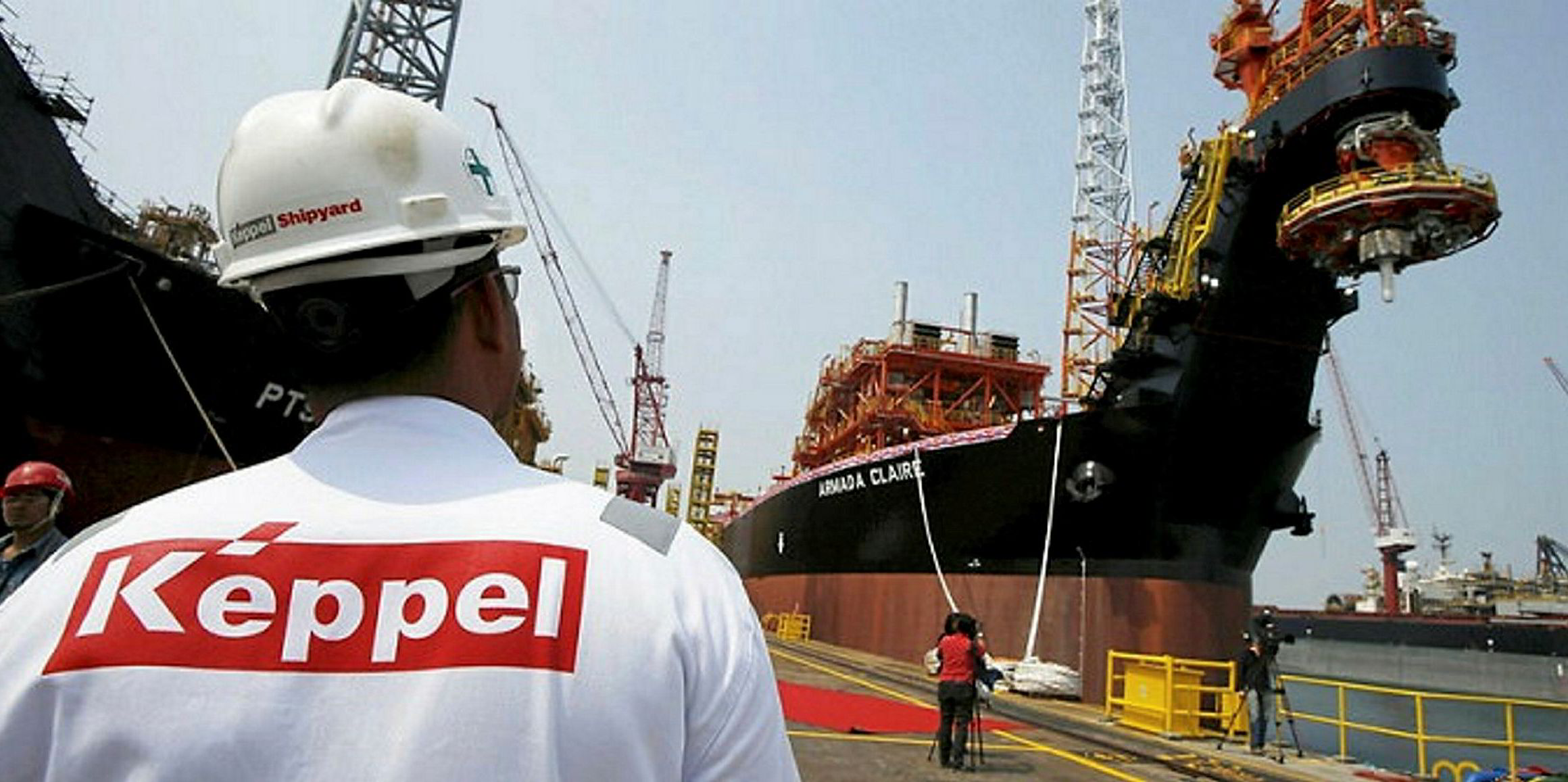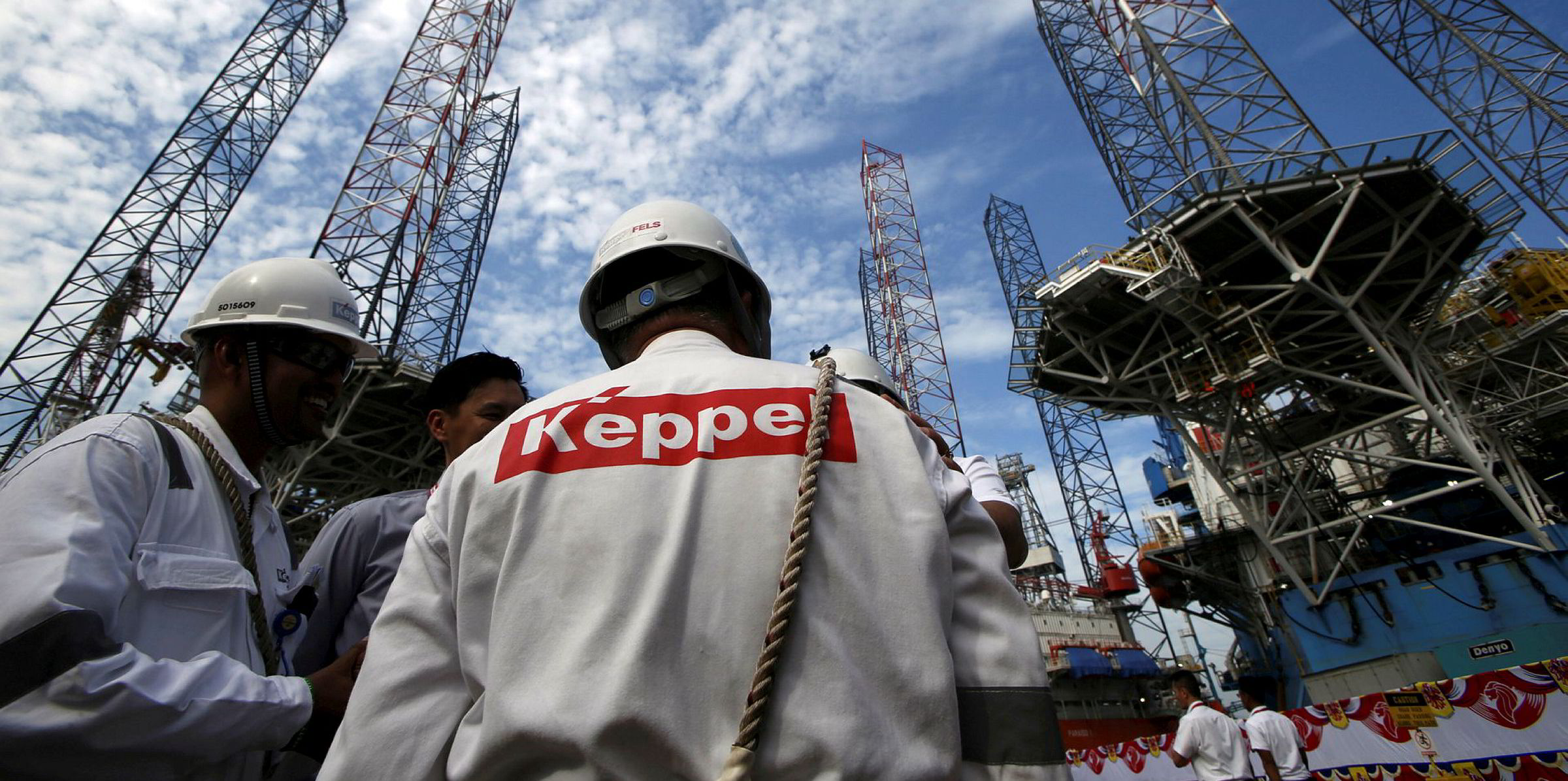Temasek Holdings has dropped its SGD 4.1bn ($3bn) partial offer for Keppel Corp in a move that has taken many in the industry by surprise.
The sovereign wealth fund invoked a material adverse change (MAC) clause after Keppel posted a large second-quarter loss that breached a threshold in its offer to buy control of the offshore shipyard group.
“The offeror has decided it will invoke the MAC precondition, and accordingly, is announcing today that the partial offer will not proceed,” Temasek said in a regulatory filing.
Shares in Keppel were down more than 10.2%, or SGD 0.54, in early trading on the Singapore Exchange, to SGD 4.77 per share.
The domestic rig-building sector has been battered by a long period of low oil prices exacerbated by the coronavirus crisis.
Consolidation expected
The decision is still likely to surprise markets, as expectations had mounted that Temasek would lead a much-needed consolidation in the rig-building sector after taking majority control of Keppel.
The withdrawal comes a day before Sembcorp Marine shareholders are due to vote on whether to back a $2.1bn recapitalisation and demerger from parent group Sembcorp Industries.
Just last week Temasek said it was undecided on whether to go ahead with its bid to take a controlling stake in Keppel.
Morgan Stanley, which is acting as an advisor to Temasek, had said the fund would disclose its decision no later than 31 August 2020.
Some analysts had expected Temasek to proceed with the partial offering, but to revise the partial offer down from the original SGD 7.35 per share.
Alternatively, some said that if Temasek did walk away from the deal, there was no moratorium on a revised partial offer and that it can “come back with another offer at any time”.
CGS-CIMB offshore analyst Lim Siew Khee said that while Keppel's core business direction is likely to remain unchanged, hopes of a potential merger between the yards may "not happen so soon".
Despite this, Lim has maintained an "add" call on Keppel's shares at an unchanged SGD 6.46 target price. She believes the company's share price weakness "has already factored in some risk of deal cancellation".






